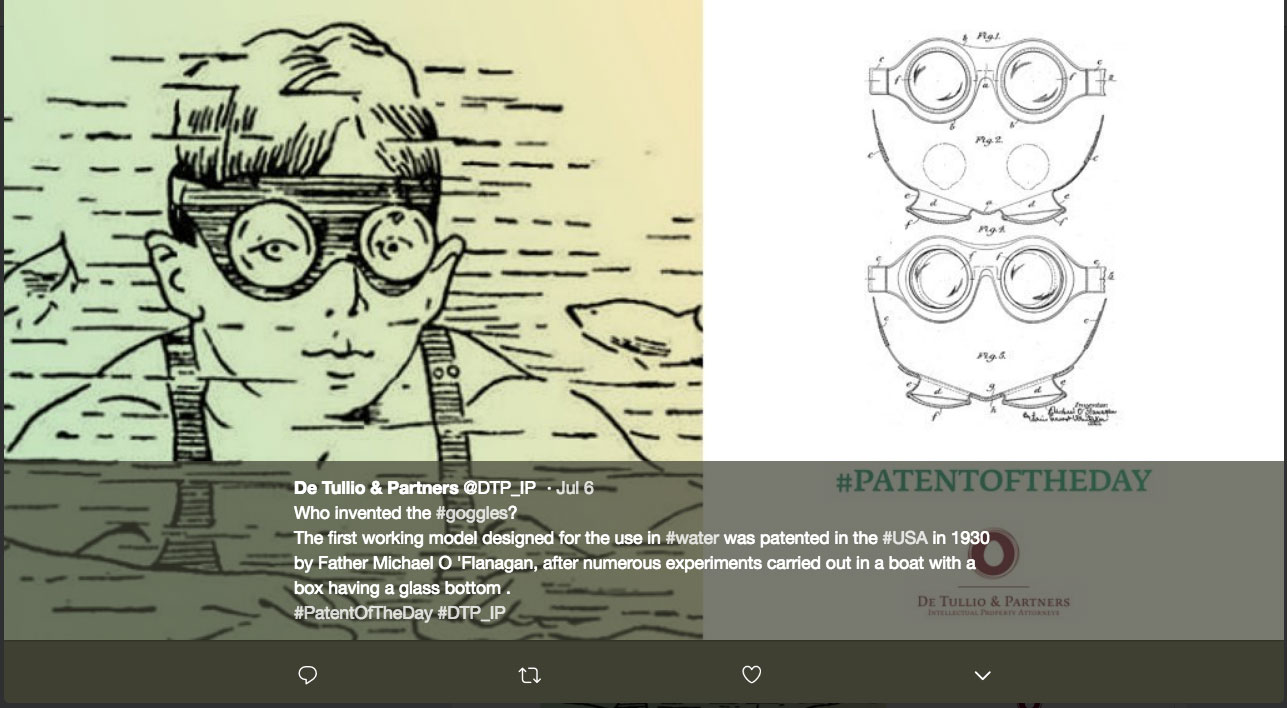A ‘turbulent’ Sinn Féin Priest, 1876-1942.
Cathal Brugha described Fr. Michael O’Flanagan as 'The staunchest priest who ever lived in Ireland.' This ‘turbulent priest’ died, aged 66, on this date (7th August) in 1942.
Born to Irish speakers and into a clan of Fenians in Roscommon in 1876, Michael O’Flanagan was only 18 years young when he went to Maynooth College to study for the priesthood.
He returned to his old alma mater, Summerhill College in Sligo and, at 24 years of age (in 1900), he was appointed ‘Professor of Irish’ in the college, from where he continued his involvement in Conradh na Gaeilge, through which he befriended Pádraig Mac Piarais and Douglas Hyde.
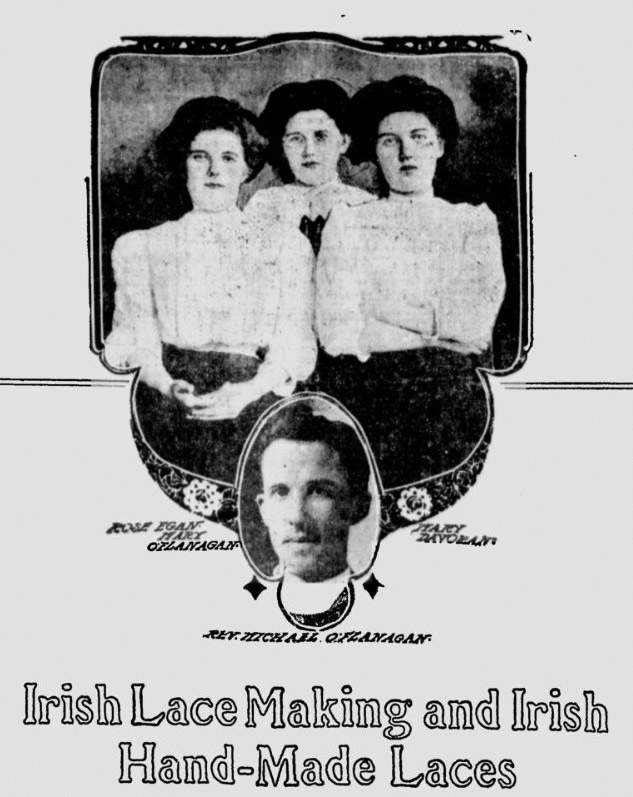
His church at first considered him to be a valuable asset and repeatedly sent him abroad on assignments, but less so over the years as he had a social conscience which took precedence over his church’s need for him to be a ‘team player’ and, indeed, he embarrassed his church hierarchy when, at 37 years of age, he fully supported the Sligo dockers in their trade dispute in 1913 (even though he was working in Rome at the time, which is where he was based between 1912 and 1914) as, then as now, his religious ‘betters’ had more in common with the owners and bosses rather than the poorer workers.
In 1914 he was allocated to the parish of Ahamlish (North Sligo) before moving to Cliffoney, in that same county, and quickly became a true friend to the small farming community he now lived and worked with , and assisted them in their battle with the ‘Congested Districts Board’ who were trying to dictate the manner in which turf bogs could be used by the locals, an occasion that became known as the 'Cloonerco Bog Fight'.
During that ‘turf war’, Fr. O’Flanagan helped to organise the funeral of O’Donovan Rossa (who died on the 29th June 1915) and he spoke in Dublin City Hall when Rossa was lying in state there, which seemed to be ‘the hair which broke the camel’s back’, as far as his Bishop (Coyne) was concerned – in October 1915, the church hierarchy attempted to transfer him to a new parish.
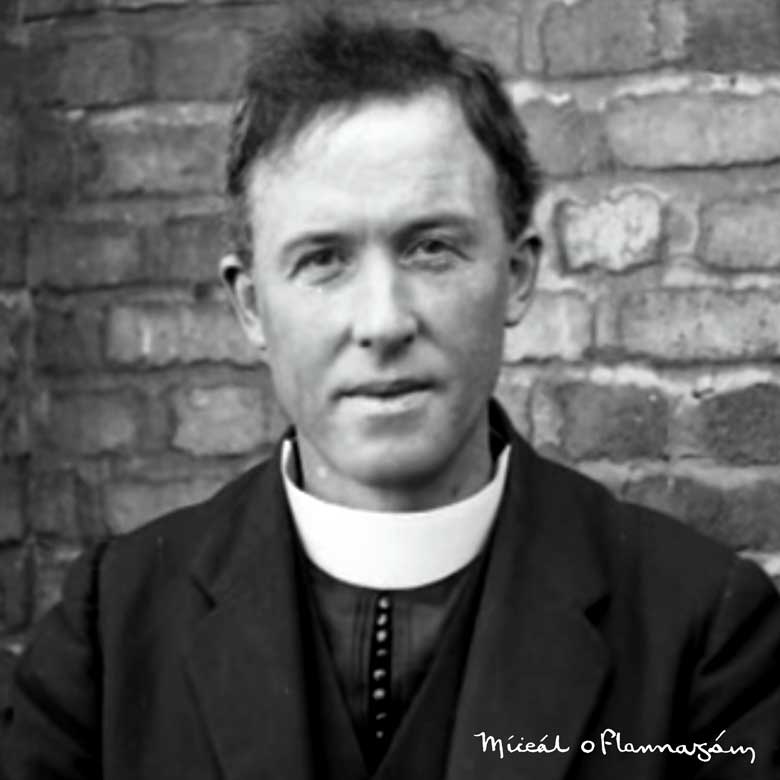
However, his friends and supporters in Cliffoney objected and physically prevented the new parish priest from taking up his priestly duties, a situation which lasted until Christmas Day.
Eventually, Fr. O’Flanagan was moved to Crossna, near Boyle, in County Roscommon, from where he continued to spread his own ‘gospel’ and that of Irish republicanism – he was vocally in favour of land reform and was strongly against Ireland taking any part in 'the First World War, ‘forced’ (by Westminster) or not.
He worked in the background for Irish republicans during the 1916 Rising and became more politically involved in the years following same and, in October 1917, he was elected the vice-president of the then Sinn Féin organisation.
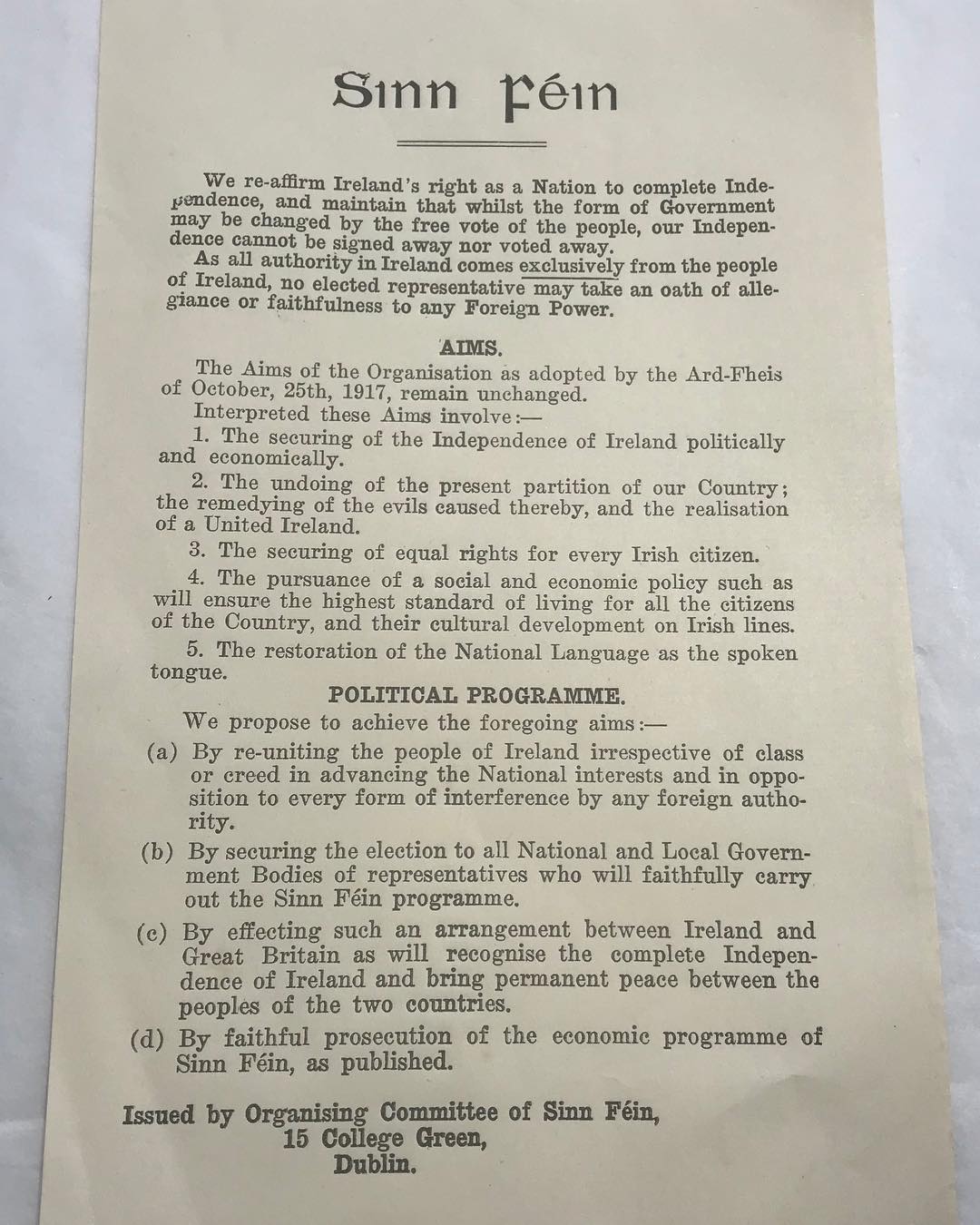
In May 1918, he condemned the English and German 'Establishments' for their encouragement to young men to join what they called 'the war effort': 'Those royal cousins who rule England and Germany will come together and clink their champagne glasses over the graves of millions of the flower of the manhood of Germany and England…', and, no sooner had he delivered those words to an appreciative audience when Bishop Coyne banned him from saying Mass in public or administering the sacraments and it would be 1938 before those duties were restored to him.
He played an active part in Sinn Féin’s political victories that same year and was given the honour of opening the public session of the First Dáil Éireann in 1919 and was practically employed full-time in the ‘Republican Courts’ and in the development of the Dáil’s land policy.
He stayed true to his political principles in 1921 and opposed the ‘Treaty of Surrender’, being barred from America and Australia for doing so.
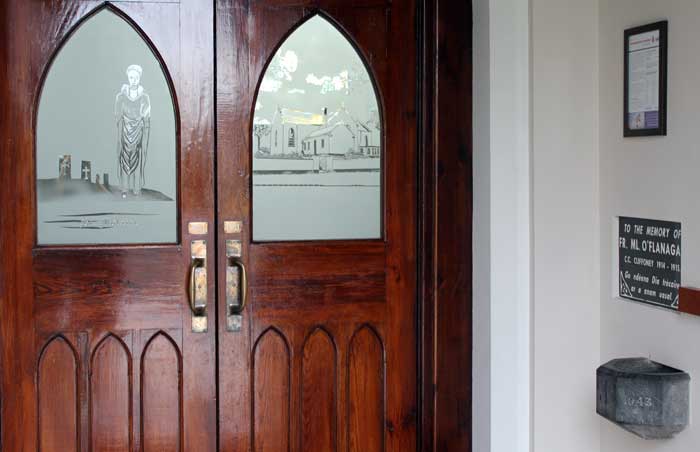
He was elected president of Sinn Féin in 1933, a position which he held until 1935 but he was expelled from the organisation the following year because he breached the abstentionist policy. He supported the Spanish Republic in its fight against Franco fascism from 1936 to 1939, which again put him at odds with his religious hierarchy, and undertook a number of speaking tours abroad in support of that fight.
Father Michael O’ Flanagan, 66 years of age, died in Dublin on 7th August 1942 and was buried in Glasnevin Cemetery on 10th August. Fittingly, his graveside oration was delivered by John Joseph O’Kelly (’Sceilg’), an action that that ‘turbulent priest’ would have appreciated.


